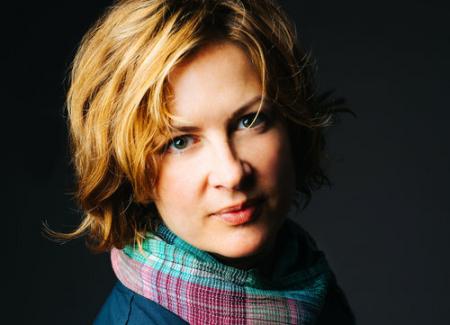
Registration is available through our partner The Shipman Agency. Please note that all class times are in Eastern Standard Time, not Arizona Time.
1 Session: Sunday, March 7
3:00-6:00 PM EST
Tess Taylor
Tess Taylor is a poet and the poetry critic for NPR’s All Things Considered and a columnist for CNN. Her most recent book is Rift Zone (Red Hen Press, 2020), which the Los Angeles Times called “brilliant.” In his introduction to the collection, Ilya Kaminsky describes Taylor’s voice as “invaluable” and she is a “poet for our moment.” Her other books include Work & Days (Red Hen Press, 2016), named one of the best poetry books of 2016 by The New York Times; The Forage House (Red Hen Press, 2013), a finalist for the Believer Poetry Award which The San Francisco Chronicle called “stunning,” and the chapbook The Misremembered World, which was selected by Eavan Boland for the Poetry Society of America’s inaugural chapbook fellowship. In February 2020, Last West, an exciting book length commission from the Museum of Modern Art, was published in conjunction with the MOMA show, Dorothea Lange: Words & Pictures. ” Her work explores California and the American West, her life as a critic, and the intersection of poetry and journalism.
Taylor’s work has appeared in The Atlantic, Kenyon Review, Poetry, Tin House, The Times Literary Supplement, CNN, and many other venues. Taylor has also served as Distinguished Fulbright US Scholar at the Seamus Heaney Centre in Queen’s University in Belfast, Northern Ireland.
Workshop Session: Sunday, March 7th, 3:00 - 6:00 pm EST, $100
How does a poem behave like a play? How does a poem make clear its staging—who is speaking, who is being spoken to, what is happening? By turning the lenses of drama on our drafts or on the poems we read, what might we learn about how to concretely draft our own poems. What can the dramatists teach us? In this class, we will think about how place, voice, and cues make a poem legible to us. How do these aspects allow a poem to feel spoken and embodied by readers over time?
